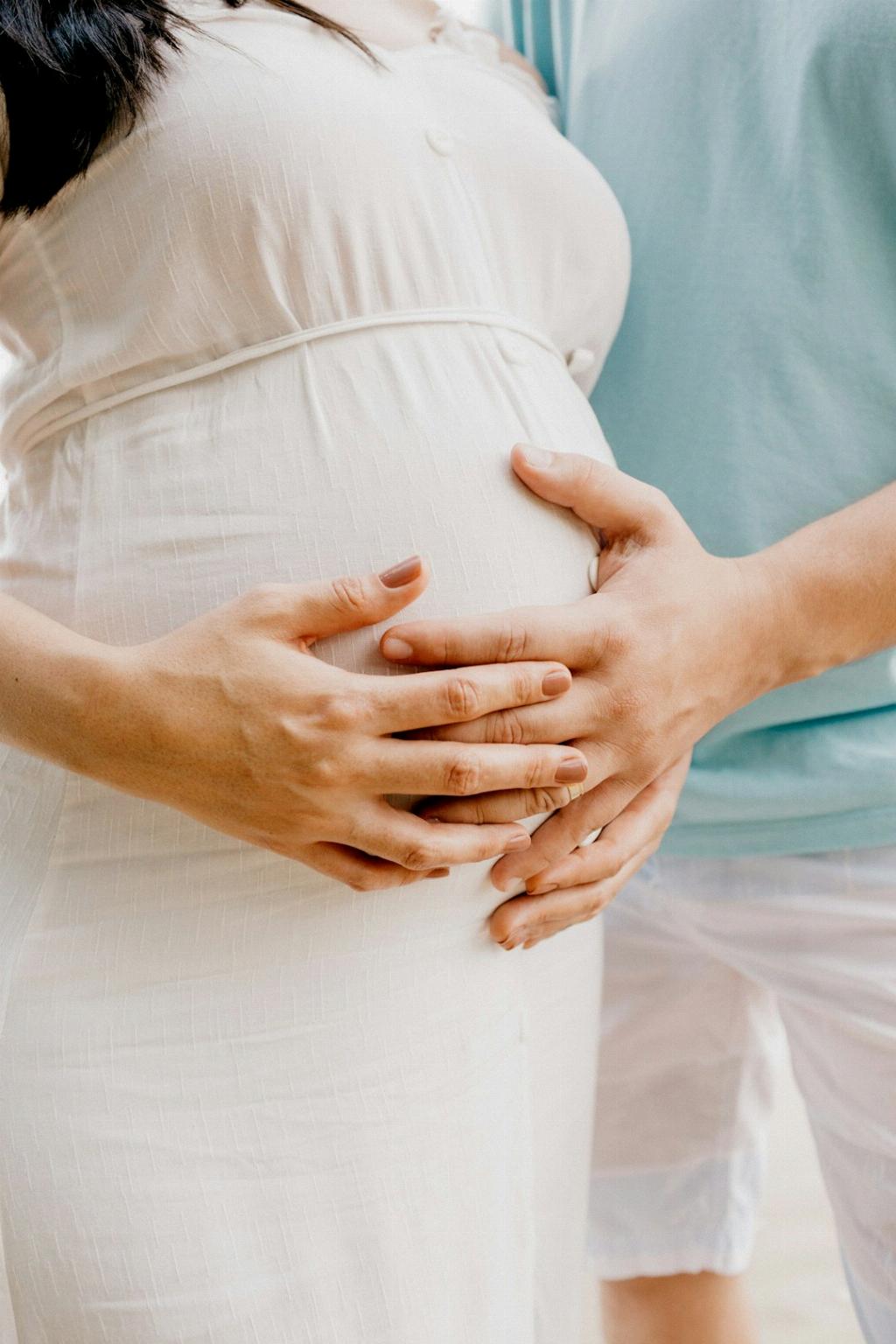When it comes to bleeding after intercourse, it’s essential to understand that experiencing some bleeding can be normal, especially during the first sexual encounter. While it’s common for women to bleed during their first time due to the breaking of the hymen, this bleeding should not be as heavy as a regular period.
Bleeding Duration and Concerns
If you’ve recently had intercourse and notice bleeding that lasts longer than a couple of days, it’s crucial to pay attention to this. Heavy or prolonged bleeding post-intercourse could be a sign of a more serious issue that requires medical attention. It’s important not to ignore any unusual bleeding patterns.
Hymens and Virginity
The concept of bleeding after intercourse is often linked to the hymen, a thin membrane that partially covers the entrance to the vagina. While the hymen can break during sexual activity, it’s essential to note that the presence or absence of a hymen is not a reliable indicator of virginity. Virginity is a social construct and not purely a physical state.
Understanding Vaginal Tears
While sexual activity typically does not cause harm to the vagina, in some cases, a tear or rip in the vaginal tissue can occur, leading to bleeding. Vaginal tears can happen due to various reasons, such as lack of lubrication, rough intercourse, or certain medical conditions. It’s crucial to seek medical advice if you suspect a vaginal tear.
Signs of Concern
If you experience bleeding after intercourse that is accompanied by severe pain, unusual discharge, foul odor, or other concerning symptoms, it’s vital to consult a healthcare provider promptly. These signs could indicate underlying issues that need to be addressed to ensure your overall health and well-being.
Seeking Medical Guidance
If you are unsure about the cause of your bleeding after intercourse or if you have any concerns about your sexual health, don’t hesitate to schedule an appointment with a gynecologist or healthcare professional. They can assess your symptoms, provide appropriate guidance, and address any potential issues.
Importance of Open Communication
Communication with your partner about any bleeding or discomfort during or after intercourse is essential. It’s crucial to have open and honest discussions about your sexual health, boundaries, and any concerns that may arise. Building trust and understanding can contribute to a healthier and more enjoyable sexual relationship.
Exploring Potential Causes
Various factors can contribute to bleeding after intercourse, ranging from minor issues like vaginal dryness to more serious concerns such as infections or reproductive health conditions. Identifying the underlying cause of your symptoms can help determine the appropriate treatment and preventive measures.
Healthy Sexual Practices
Engaging in safe and consensual sexual practices is key to maintaining good sexual health. Using lubrication, practicing safe sex, and communicating openly with your partner can help reduce the risk of complications like vaginal tears or discomfort. Prioritizing your well-being and mutual respect is essential in any sexual relationship.
Self-Care and Recovery
If you experience bleeding after intercourse, practicing self-care measures can aid in your recovery. Resting, staying hydrated, and avoiding further irritation to the vaginal area can promote healing. However, if the bleeding persists or worsens, seeking professional medical advice is advisable.
Conclusion
In conclusion, while some bleeding after intercourse may be normal, it’s crucial to pay attention to the duration, severity, and accompanying symptoms. Seeking medical advice for persistent or concerning bleeding is necessary to address any underlying issues and ensure your sexual health and well-being. Remember to communicate openly with your partner and prioritize safe and respectful sexual practices for a fulfilling and healthy intimate relationship.

